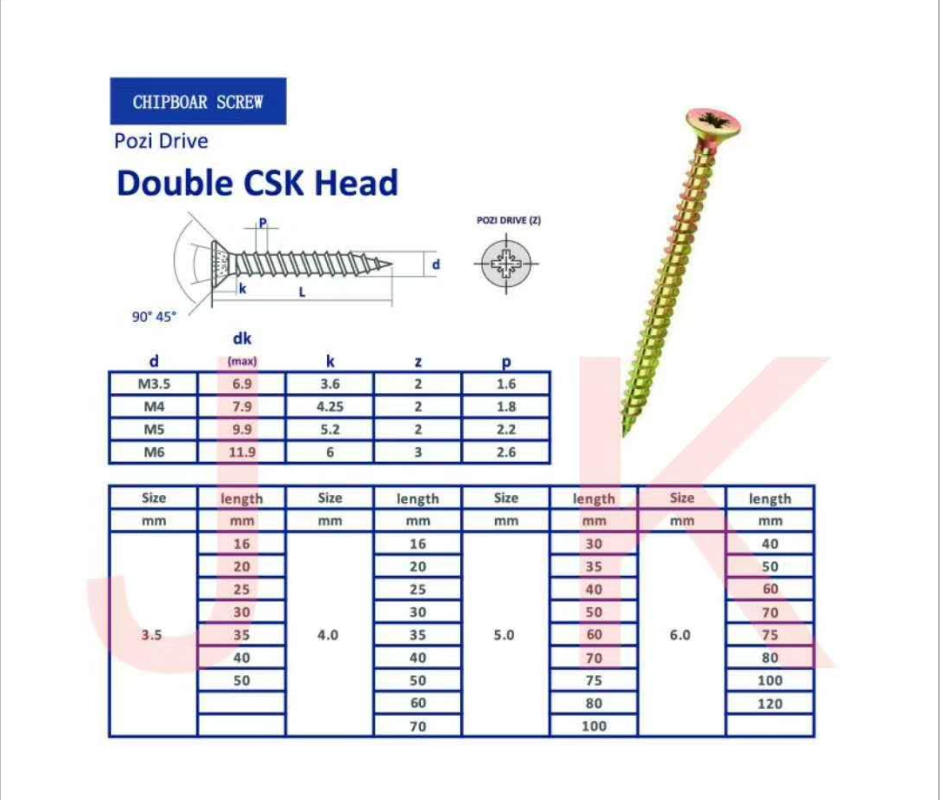Serrated Flat Washer Manufacturers and Their Role in Industrial Fastener Solutions
The Impact of Serrated Flat Washer Factories on the Manufacturing Industry
Serrated flat washers are essential components in various industrial applications, providing enhanced grip and preventing loosening due to vibration. As manufacturing technologies continue to evolve, the factories producing these components play a crucial role in the overall efficacy and reliability of mechanical assemblies. In this article, we will explore the significance of serrated flat washer factories, their operational processes, and their contributions to different sectors.
Understanding Serrated Flat Washers
Serrated flat washers are designed with notches or serrations on their surfaces. These serrations allow for superior friction and grip when the washer is placed under a bolt or nut during fastening. Unlike standard flat washers, the serrated design helps in maintaining the integrity of the connection by reducing the likelihood of loosening due to vibration or torque. Industries like automotive, aerospace, and machinery rely heavily on these washers to ensure safety and durability in their products.
The Role of Factories
Manufacturing serrated flat washers involves several processes, including material selection, stamping, machining, and finishing. Factories typically source high-quality materials such as stainless steel, carbon steel, or specialized alloys, depending on the application requirements. Modern manufacturing techniques, like CNC machining and automated stamping, allow for high precision and efficiency, enabling factories to meet the growing demand for these components.
Moreover, quality control is vital in the manufacturing process. Serrated flat washer factories are often equipped with advanced testing facilities that evaluate the mechanical properties and durability of the washers. Such stringent quality assurance measures ensure that the products meet industry standards and customer expectations, thus enhancing trust and reliability.
serrated flat washer factories

Economic Contributions
Serrated flat washer factories contribute significantly to local and global economies. They not only create jobs but also stimulate the growth of related industries, such as raw material suppliers and logistics services. As industries worldwide continue to expand, the demand for reliable fastening solutions, including serrated flat washers, is expected to rise. This trend presents opportunities for factories to innovate and improve their production techniques, thereby enhancing their competitiveness in the market.
In addition to economic benefits, serrated flat washer factories also play a critical role in sustainability. With increased awareness of environmental impacts, many manufacturers are adopting greener practices by minimizing waste, recycling materials, and using energy-efficient machinery. These initiatives not only reduce the carbon footprint of production but also align with global sustainability goals, promoting responsible manufacturing practices.
Challenges and Future Prospects
Despite their critical role, serrated flat washer factories face several challenges, including competition from low-cost manufacturers, fluctuating raw material prices, and the need for constant innovation. To remain competitive, manufacturers must invest in research and development to create new designs and improve material performance. Embracing automation and smart manufacturing technologies can also help factories enhance productivity while reducing operational costs.
Looking ahead, the future of serrated flat washer manufacturing seems promising. As technology advances, the potential for customized solutions and the integration of smart technologies into the production process will likely enhance product offerings. Additionally, the anticipated growth of strategic sectors such as renewable energy and electric vehicles could further amplify the demand for robust fastening solutions, including serrated flat washers.
In conclusion, serrated flat washer factories play an indispensable role in the manufacturing landscape. By providing high-quality, reliable, and innovative fastening solutions, they support various industries and contribute to economic growth. As these factories continue to evolve and adapt to market demands, their impact will undoubtedly resonate across the globe, ensuring the safety and durability of countless mechanical applications.
-
Top Choices for Plasterboard FixingNewsDec.26,2024
-
The Versatility of Specialty WashersNewsDec.26,2024
-
Secure Your ProjectsNewsDec.26,2024
-
Essential Screws for Chipboard Flooring ProjectsNewsDec.26,2024
-
Choosing the Right Drywall ScrewsNewsDec.26,2024
-
Black Phosphate Screws for Superior PerformanceNewsDec.26,2024
-
The Versatile Choice of Nylon Flat Washers for Your NeedsNewsDec.18,2024










